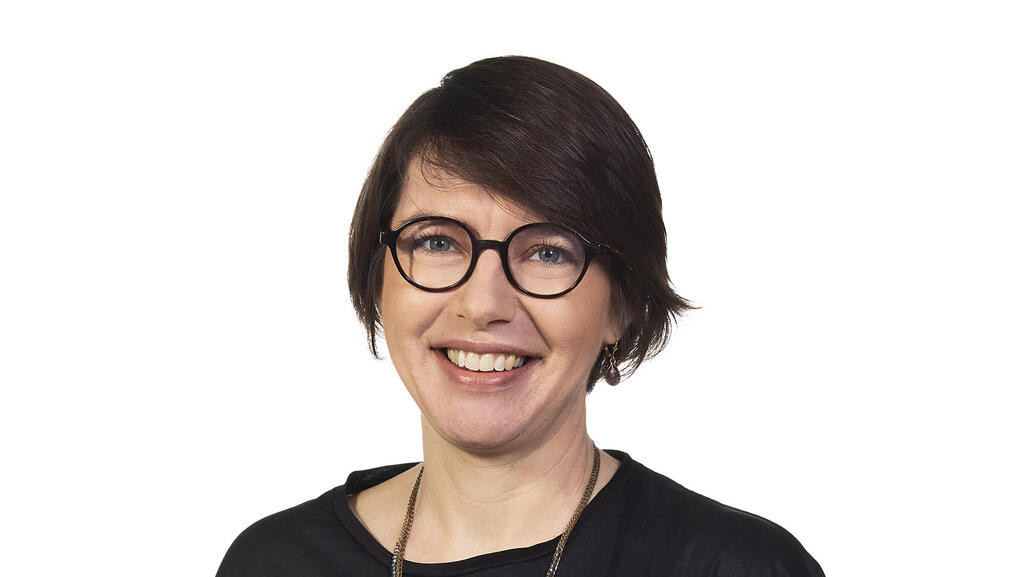
Opinion
Beyond employee secondaries: Why LP liquidity matters for Israel’s tech ecosystem
"Secondaries are no longer just about employees selling stock. Venture firms themselves are now actively selling stakes in their funds to generate liquidity for investors," writes Eva Hubsman, a Partner at Israel Secondary Fund.
Alongside major acquisitions, some of Israel’s biggest private market headlines this year came from secondary deals. Armis, Cato, and DriveNets each facilitated large employee and founder share sales, proof that partial liquidity is now part of the growth journey.
Globally too, 2024 was a record year for the secondary market, with $162 billion in transactions - accounting for more than 70% of venture-backed exit dollars, at a time when IPO and M&A activity remained subdued.
For employees and founders, these events provide flexibility without disrupting the company’s trajectory.
But there’s another side of the liquidity story that rarely makes headlines - the investors behind the investors: limited partners (LPs).
When LP capital is stuck, the cycle slows
Venture funds were once modeled as 7-10 year vehicles. Today, they often extend well beyond that as companies stay private longer, IPO thresholds rise, and late-stage investors encourage longer holding periods.
This maturity is healthy, compounding takes time and these longer holding periods reflect the strength of a mature innovation economy, but they require new liquidity tools to match.
According to PitchBook, top-quartile 2014 funds show a Total Value to Paid-In (TVPI) of 3.0x, but only a Distributed to Paid-In (DPI) of 1.85x. Put simply: even strong funds have delivered far less in cash than the value they hold on paper.
For LPs, this affects pacing. They plan commitments across vintages to smooth returns. But if distributions don’t recycle, they risk missing the vintages that often deliver the best outcomes, typically those raised in tougher markets. When that happens, GPs struggle to raise on time, and founders waiting on new capital rounds feel the slowdown.
Liquidity is changing venture at the core
Secondaries are no longer just about employees selling stock. Venture firms themselves are now actively selling stakes in their funds to generate liquidity for investors.
That shift matters. Traditionally, LPs waited a decade or more for cash back. Today, with companies staying private longer, GPs are using new tools, such as continuation funds, to give LPs the option to sell early while still keeping exposure to a company’s next stage of growth.
In 2024 alone, about $36 billion was raised globally in continuation vehicles, according to Preqin. Once a niche, they’ve quickly become a standard part of the toolkit.
This isn’t about forcing early exits. It’s about making sure capital keeps moving, so LPs can back new funds, GPs can continue supporting breakout companies, and founders still have the long-term partners they need. Think of secondaries less as a last-resort tool and more as part of the “pacing infrastructure” that keeps venture capital flowing on tempo.
Related articles:
Why Israel should care
Israel’s tech economy has always thrived on speed: lessons learned quickly, capital redeployed into the next generation of startups. When LP capital is locked for too long, that cycle slows. And when the cycle slows, it affects everyone.
- For LPs: Map expected distributions against future commitments. Selective secondaries or continuation vehicles can help keep pacing on track.
- For GPs: Start the duration conversation early. Being transparent about potential liquidity tools before year 10 builds trust and smooths the next raise.
- For founders: Employee secondaries are part of a wider liquidity shift. When LPs and GPs have options to recycle capital, it ensures new funds are there to back the next wave of companies.
The bottom line
Liquidity doesn’t undermine patience, it funds it.
Employee secondaries may dominate today’s headlines, but the next step for Israel’s venture ecosystem is widening the lens. LP liquidity is not a side note. It’s a critical part of keeping innovation capital flowing in a longer-duration market.
Eva Hubsman is a Partner at Israel Secondary Fund.